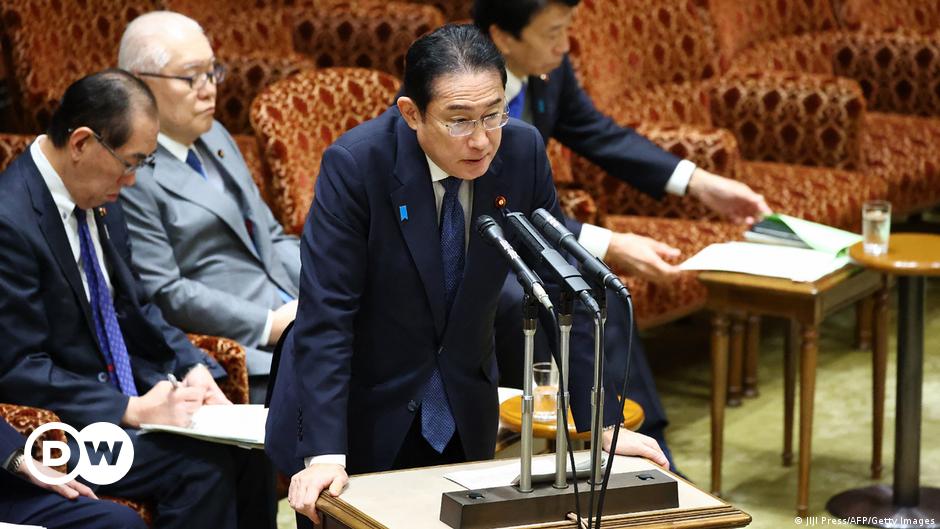North Korea said Japanese Prime Minister Fumio Kishida recently expressed his intentions to meet Kim Jong Un through “another channel,” according to state media outlet KCNA on Monday.
In a media dispatch, Kim’s sister and senior official, Kim Yo Jong, said that Kishida used an unspecified channel to propose a summit with Kim Jong Un.
She, however, said that improving bilateral relations between the two countries will depend on Japan’s decisions.
“The prime minister should know that just because he wants to and has made a decision, it doesn’t mean he can or the leadership of our country will meet him,” Kim was quoted as saying in the KCNA report in Korean.
“What is clear is that when Japan antagonises the Democratic People’s Republic of Korea and violates its sovereign rights, it is considered our enemy and will become part of the target,” Kim added.
Urging for sincere efforts by Japan to the two countries’ first summit in about 20 years, she said, “If Japan … makes a political decision to open a new path for improving ties based on mutual respect and respectful behaviour, it is my view that the two countries can open a new future.”
Past issues continue to impact bilateral relations
On Monday, Japan’s Fumio Kishida spoke in the parliament and called the meeting with North Korea important and said, “For Japan-North Korea relations, top-level talks are important to resolve issues such as the abduction issue.”
The abduction issue dates back to the 1970s and 80s when kidnappings of Japanese citizens took place.
In her statement, Kim Yo Jong said that North Korea is willing to improve its relations with Japan but their will be no breakthrough if Kishida’s government continues to raise the issue of abduction of Japanese citizens to North Korea in the past and opposes what she described as the North’s “exercise of sovereign rights,” apparently referring to the North’s weapons testing activities.
In 2002, North Korea had admitted that it sent agents to kidnap 13 Japanese citizens. The case of these kidnappings continue to remain a sensitive subject between the two countries.
Experts believe the issue could have adverse effects on the decision to hold the summit.
mfi/wd (AFP, AP, Reuters)


